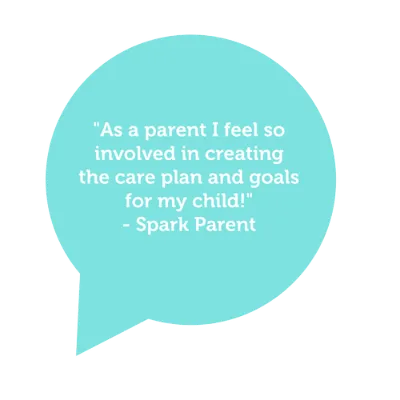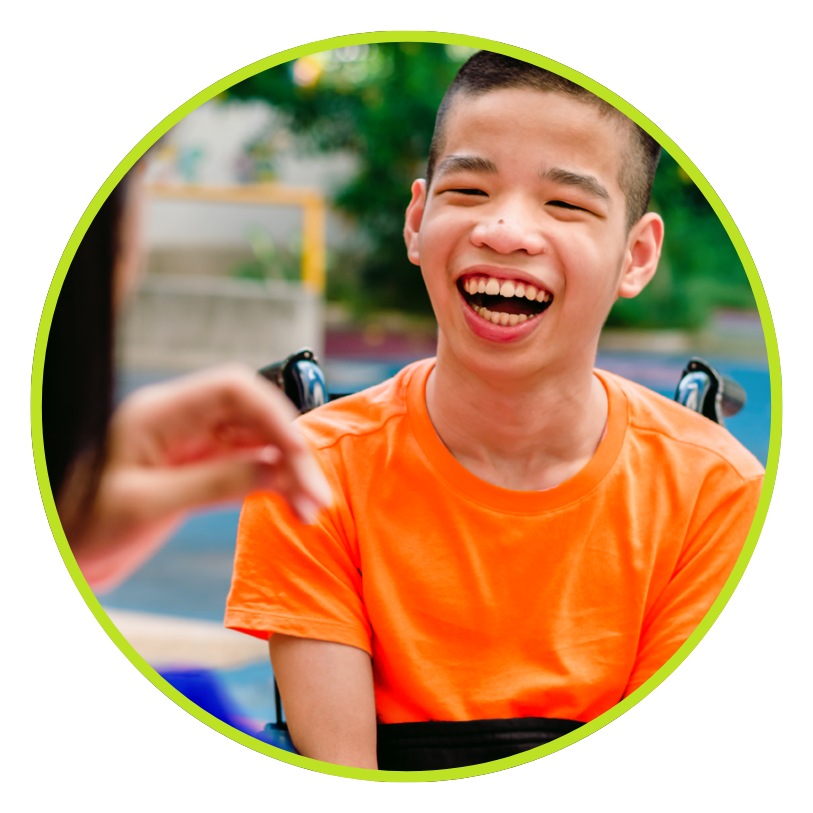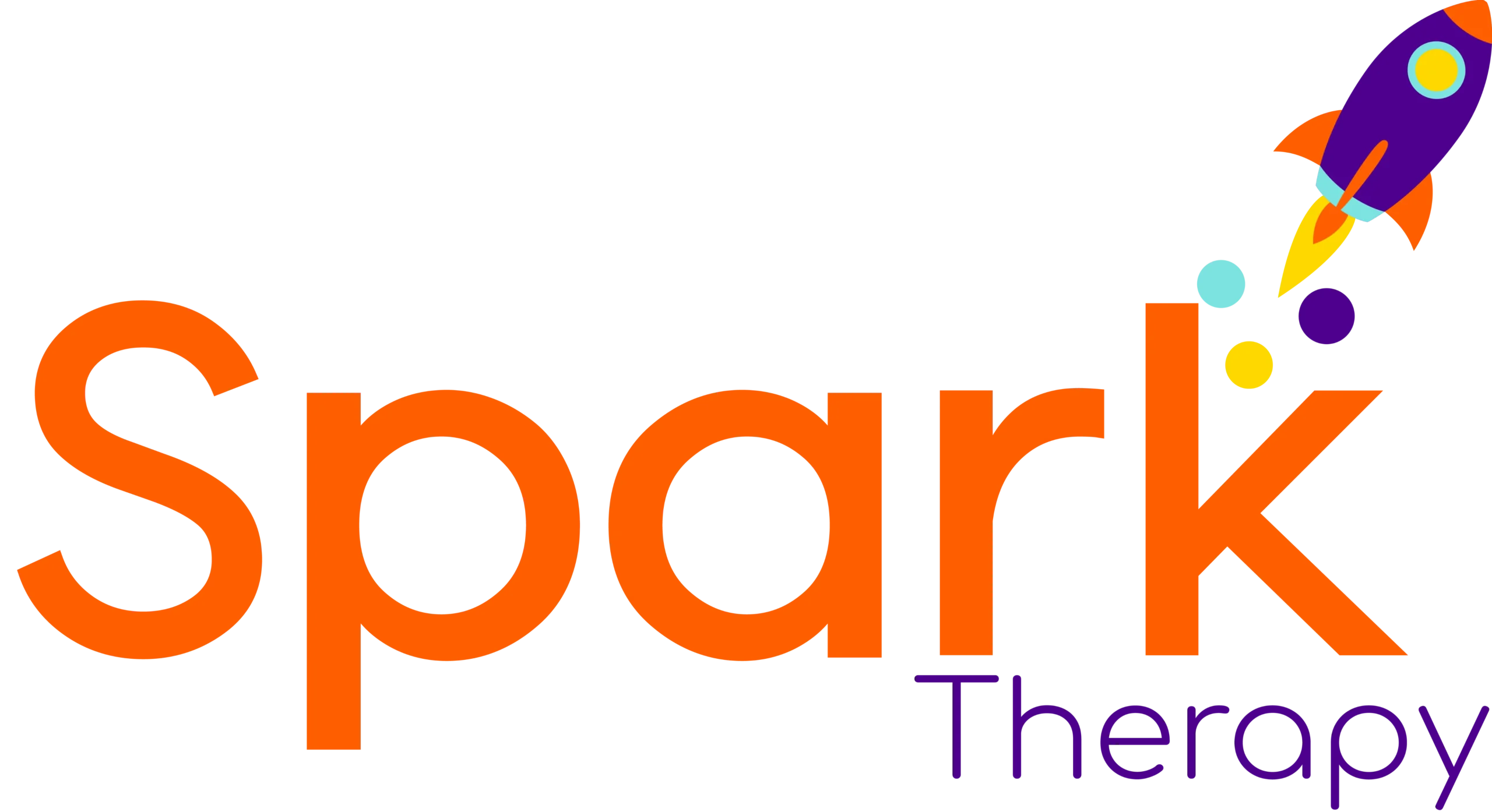Speech Therapy
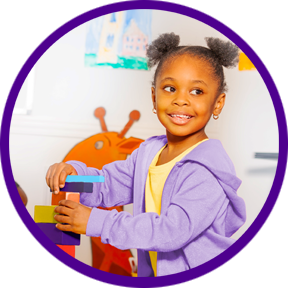
What is Speech Therapy?
Pediatric speech-language pathologists, also referred to as speech therapists, specialize in targeting a wide range of skills aimed at improving a child’s overall interaction with their world. Speech therapy is much more than teaching a child how to talk. At its core, it is about fostering human connection. Communication is central to our everyday lives and our speech therapy team is passionate about supporting each child’s ability to effectively and meaningfully communicate with others.

As a Parent or Guardian, What Can I Expect From Therapy Services?
At our outpatient therapy clinic, building a strong connection with your child is our first priority. We take time to understand your child, your family, and your routines to create a personalized therapy experience. Our therapists transform therapy into play by using the activities your child enjoys most. We work alongside you to find practical ways your child can continue learning and progressing between sessions. As your child’s most important teacher, your involvement is key—and we’re here to support you every step of the way.
It’s truly an honor to support children and their families. Having the opportunity to build trusting relationships, watch kids grow in confidence and skills, and be part of their progress is incredibly rewarding. Each session is a chance to make a meaningful impact—right where care, connection, and progress come together.
How Can a Speech Therapist Help My Child?
Speech therapists help children who have difficulty communicating regardless of the underlying cause. We treat children with a wide variety of diagnosis including but not limited to:
- Improve speech and language
- Produce the sounds of speech
- Be understood by others
- Expand language skills as a Gestalt Language Processor (GLP)
- Understand and follow directions
- Communicate a variety of wants/needs/ideas
- Interact appropriately with others
- Improve voice quality, volume, or pitch
- Improve feeding and swallowing
- Acquire and use alternative and augmentative communication (picture communication, communication devices, etc.)
- Develop play skills
- Enhance memory and thinking skills
- Read and comprehend text
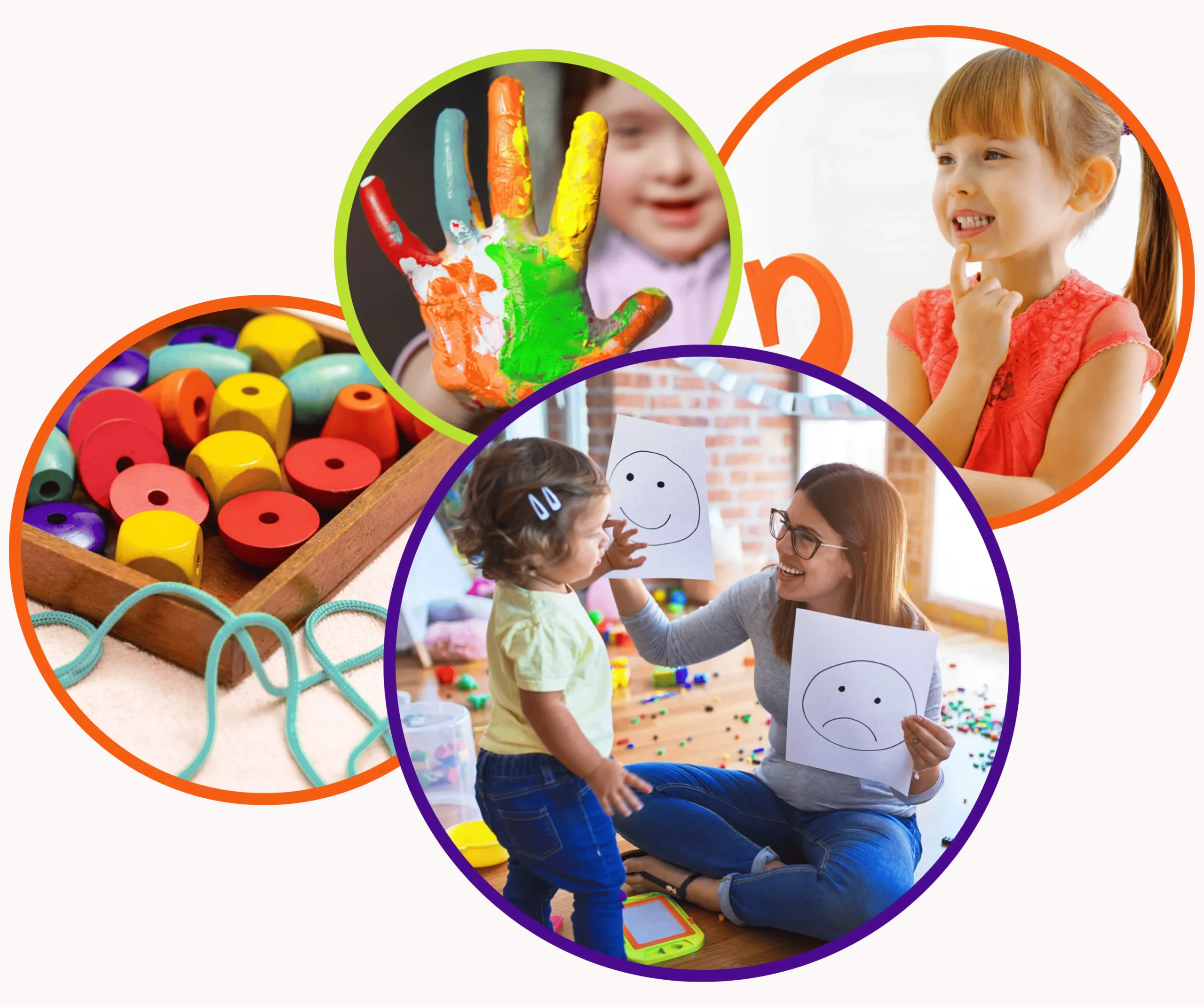
Who does a Speech Therapist Treat?
- Delayed or Disordered Development (e.g. “Late Talker”)
- Hearing impairment
- Autism
- Learning Disabilities
- Neurological conditions such as Cerebral Palsy, Traumatic Brain Injury, Stroke
- Genetic disorders such as Down Syndrome, Treacher Collins Syndrome, etc
- Cleft Lip/Palate
- Fetal-Alcohol Syndrome or Fetal-Drug Exposure
- Feeding/Swallowing Difficulty
- Speech and language disorders including but not limited to:
- Childhood Apraxia of Speech
Phonological/Articulation Disorder
Receptive, Expressive, or Pragmatic Language Disorder
- Cognitive/Communication Disorder
- Stuttering
